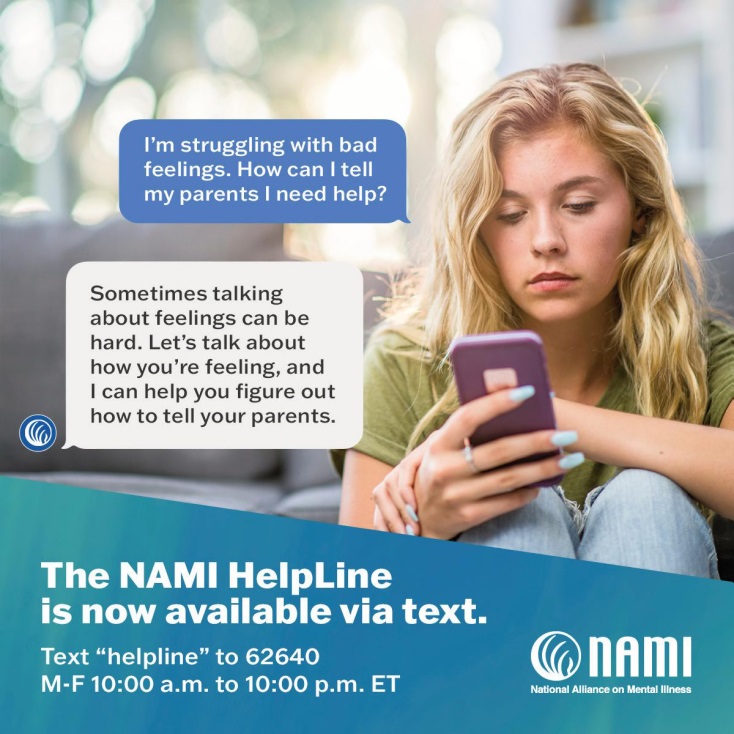WHAT TO EXPECT
What to expect may be different depending on how the child gets involved with the mental health system. Usually, parents are able to find a professional when they have concerns. Some children, however, may have a crisis and end up in the hospital.
When families need to find help they can find mental health professionals using the organizations listed in this guide such as the National Alliance on Mental Illness, Federation of Families for Children's Mental Health, through other parents, or by asking their pediatrician or family practitioner.
Sometimes there is a waiting list to see a specialist. Families can ask to be called if there are any cancellations and can call weekly for updates.
Mental Health America (mentalhealthamer- ica.net) may give parents information on faster access.
The mental health provider will do an assessment of the child, including family history. They may use tests to screen for certain conditions. If the assessment shows the possibility of a disorder, the child may need a more detailed evaluation to reach a diagnosis.
NAMI has a family guide on how to include mental health with care from your child's primary care doctor at nami.org/Advocacy/Policy-Priorities/Improving- Health/Physical-Mental-Health-Integration
THE DIAGNOSIS
Sometimes the "not knowing" is worse than actually having a name for the condition. Once parents know what's happening, they may not feel so helpless or hopeless.
Parent Center Hub has a helpful section on mental health at www.parentcenterhub.org/repository/emotionaldisturbance or Spanish www.parentcenterhub.org/repository/emocional. The Maternal/ Child Health Knowledge Path for Families has information on both healthy social/emotional development at www.mchlibrary.org/families/frb_Mental_Healthy.html as well as mental health conditions at www.mchlibrary.org/families/frb_Mental_Conditions.html.
The child may start having questions and ask about his/her condition. Children may ask, "Why I am I different," or "Why is it so much harder for me to do things?" Sometimes children may just want to know what something is called. Other times they may
want their parents to explain what it means. Families can start with children's books that explain certain conditions. Children need to understand that they are not "better or worse," simply different. They should also explain that a diagnosis doesn't define their life or their future. Physical or visible disabilities can be easier to explain and to
understand for children (and even adults).
An excellent publication is "The Storm in My Brain" at dbsalliance.org/pdfs/storm.pdf. For older children there is a good publication "Accepting My Disability" at going-to- college.org/myplace/disability.html which discusses positive outlook, accommodations, selfadvocacy etc. •

